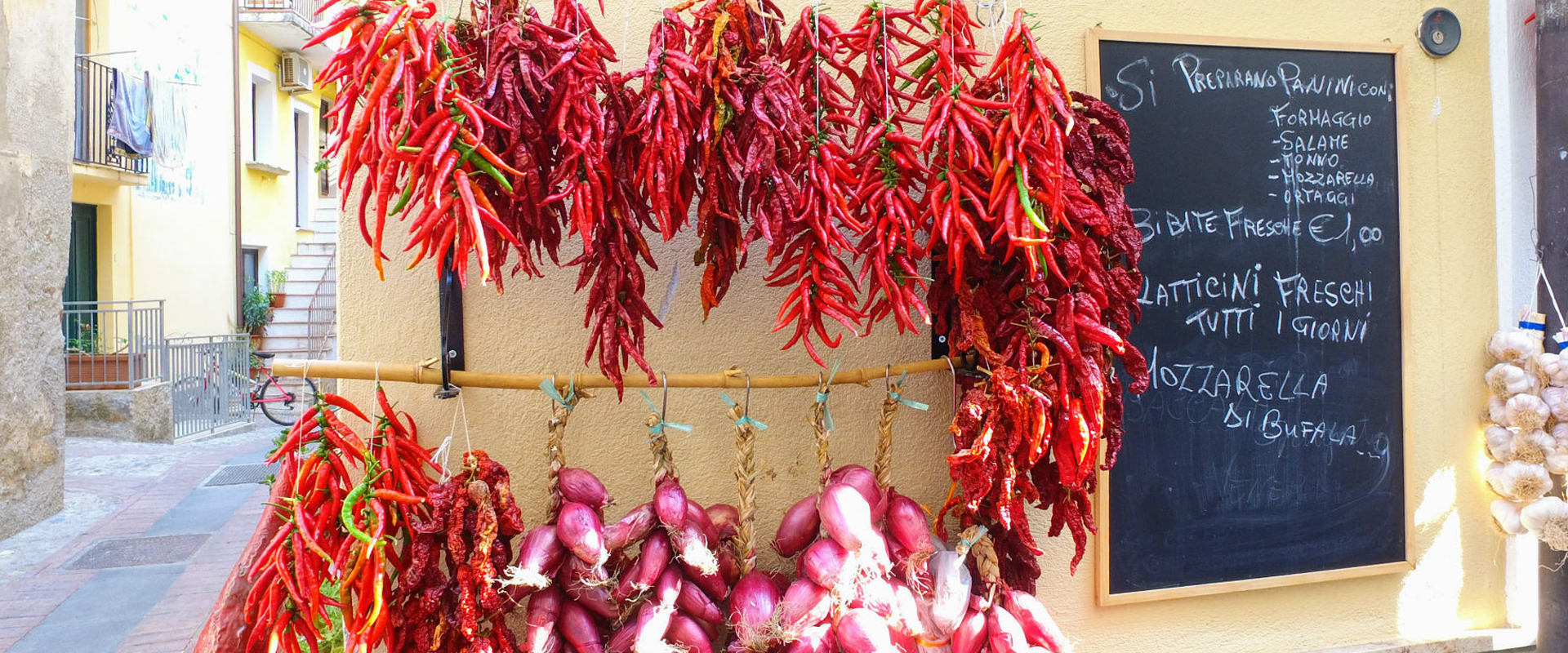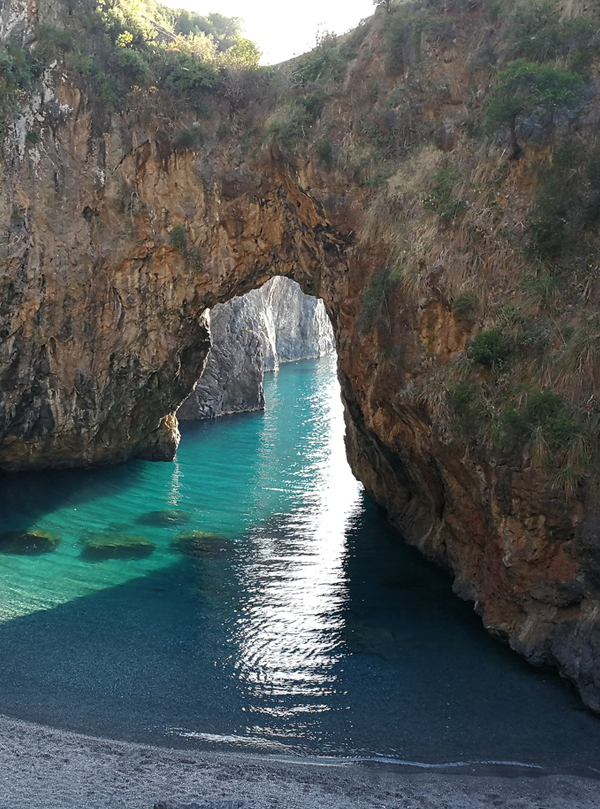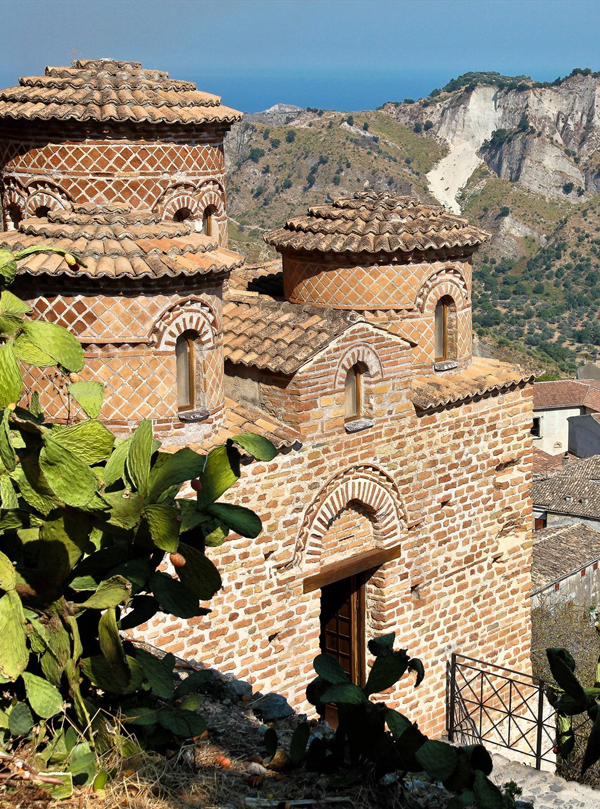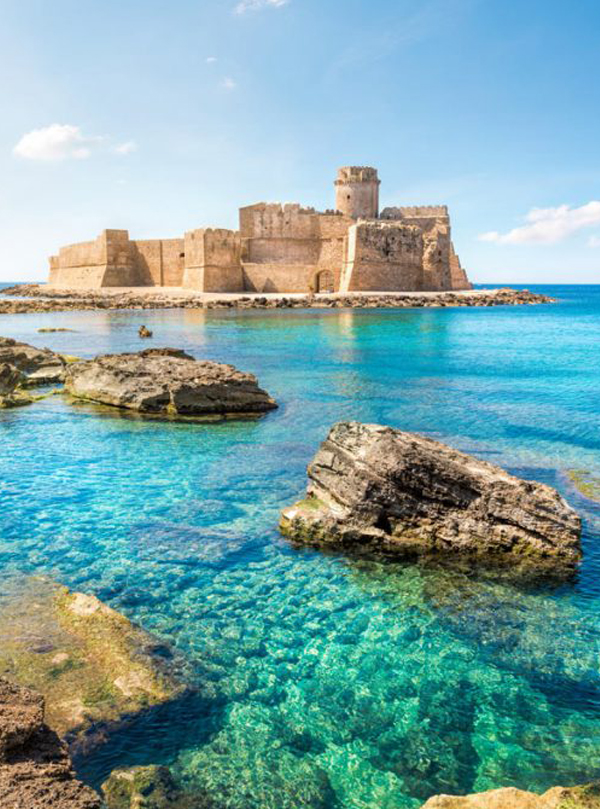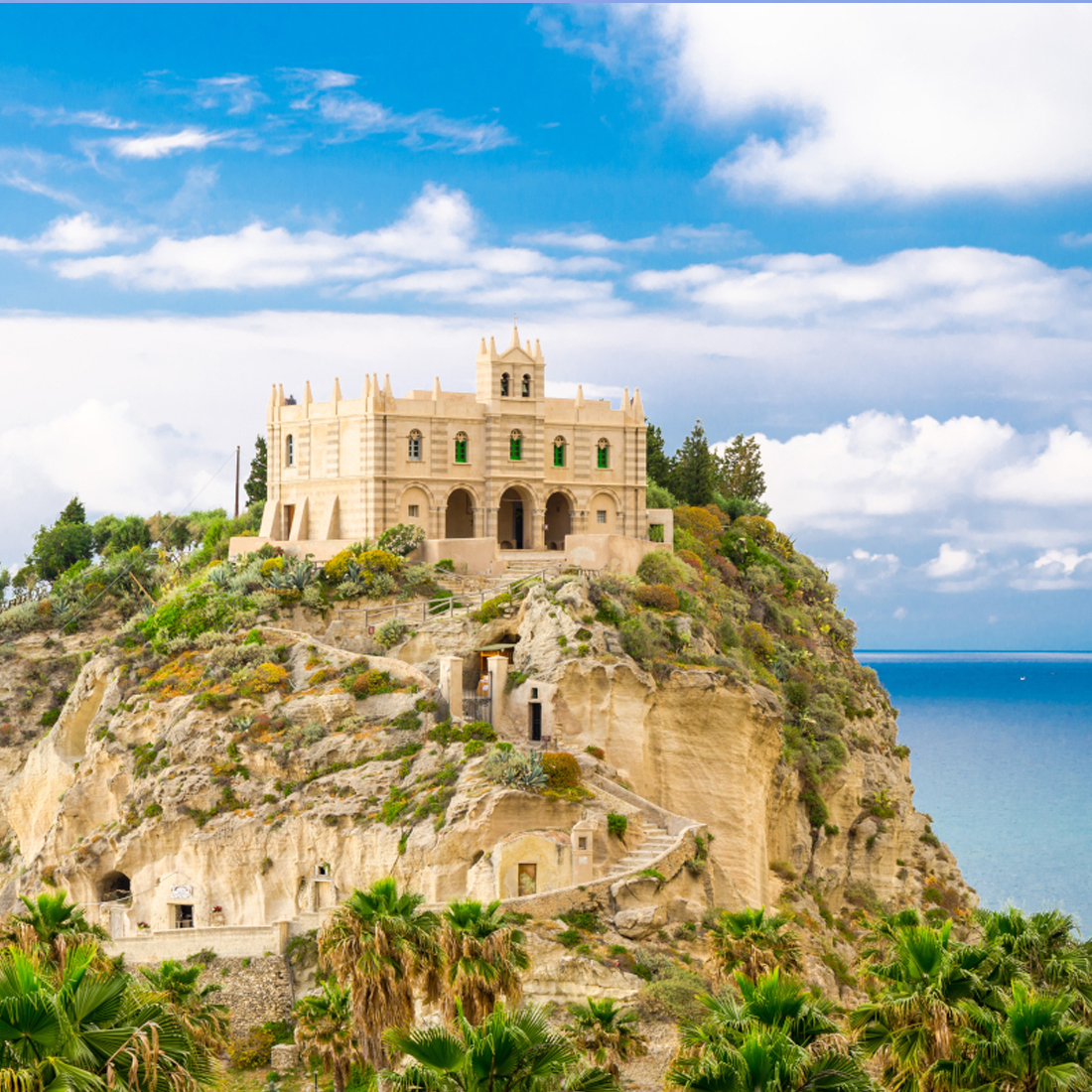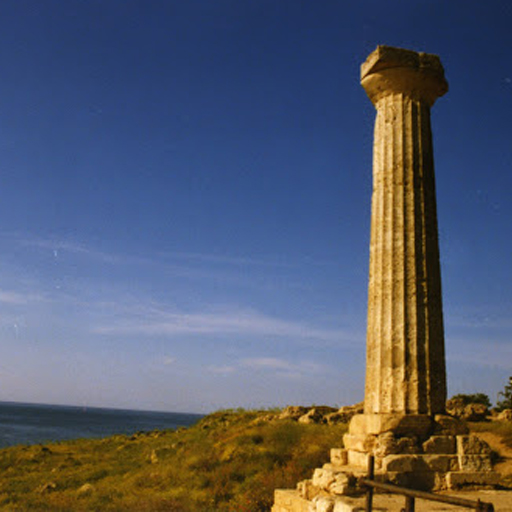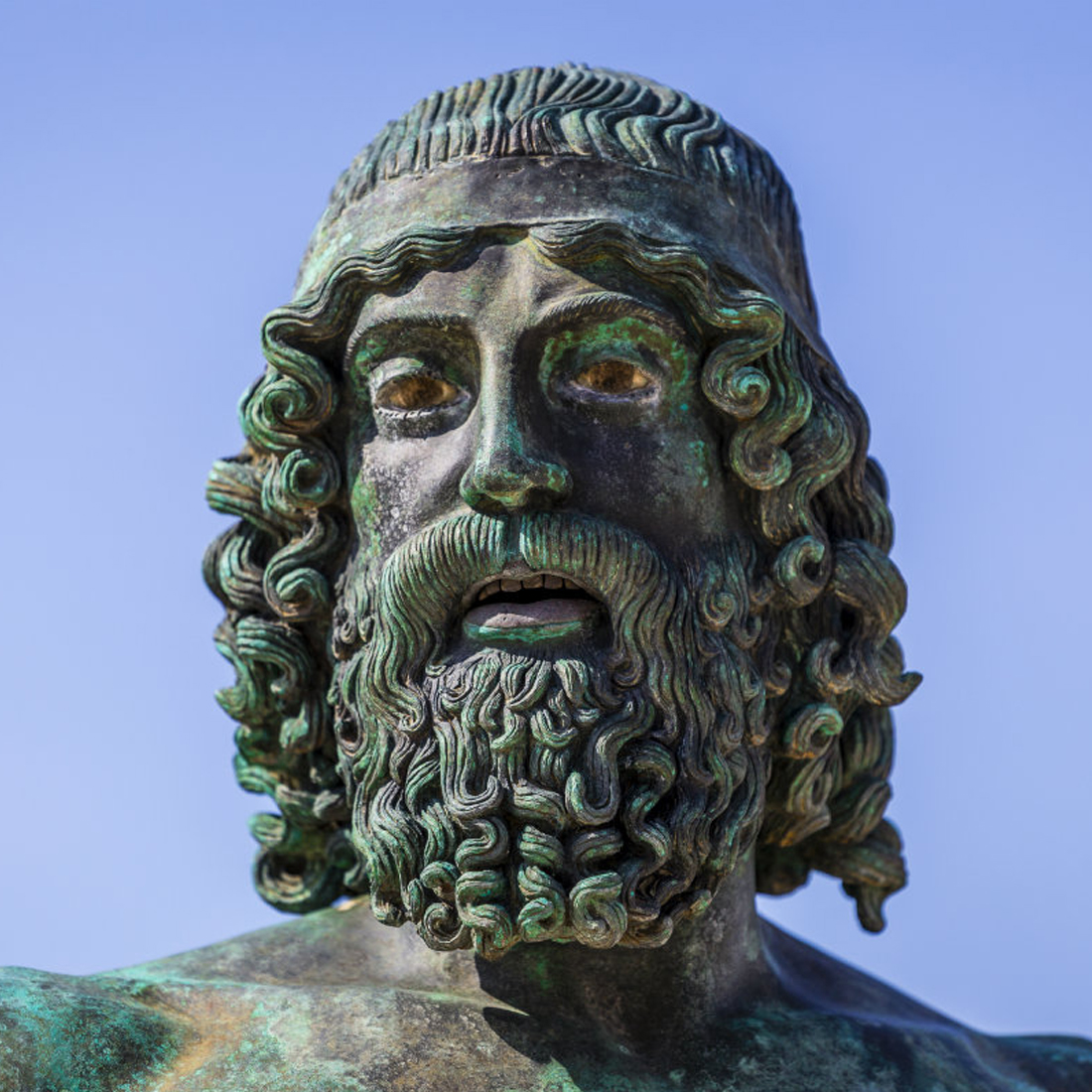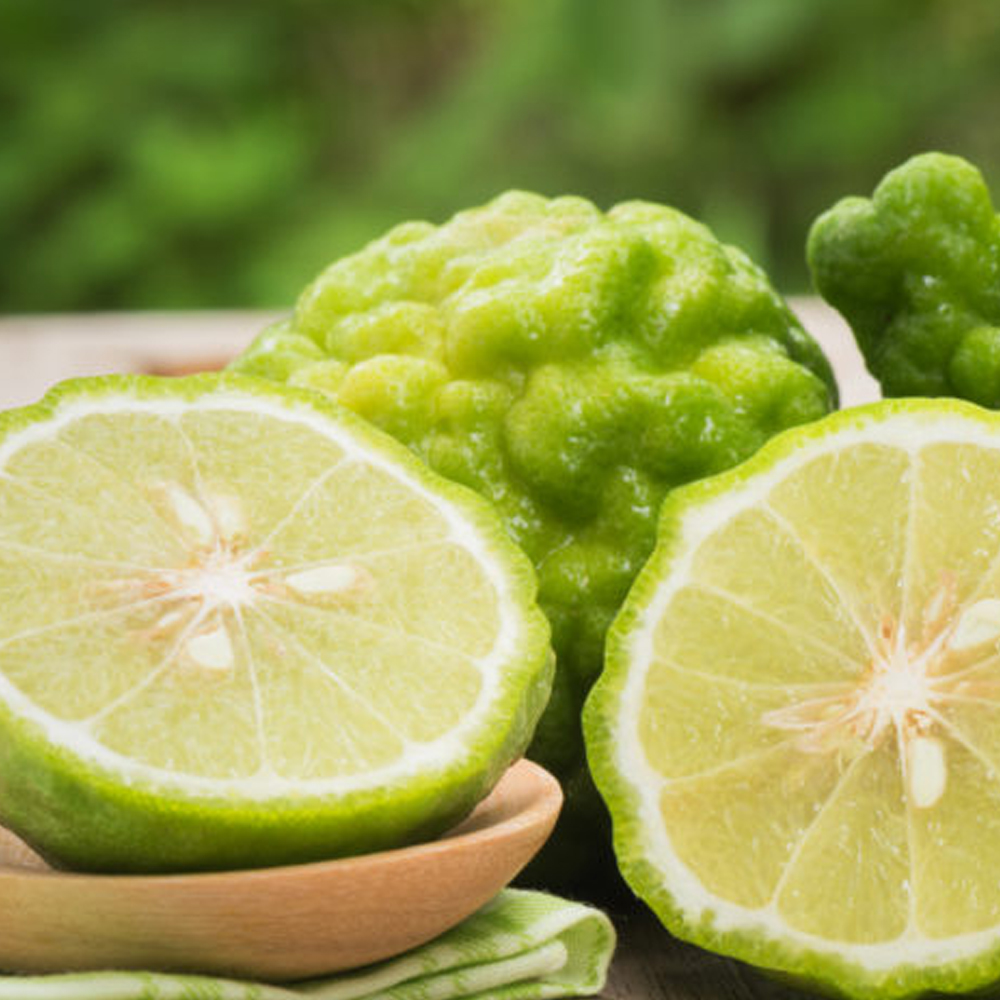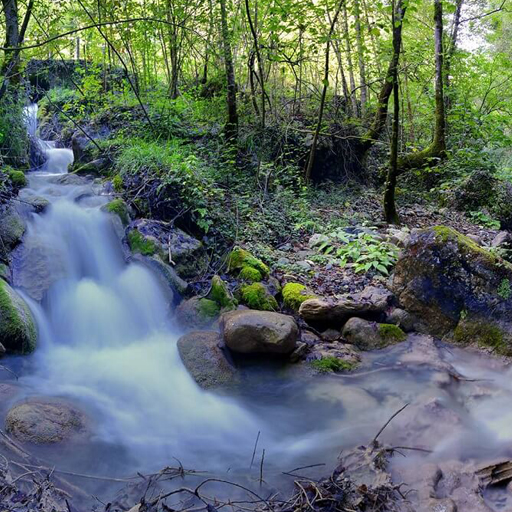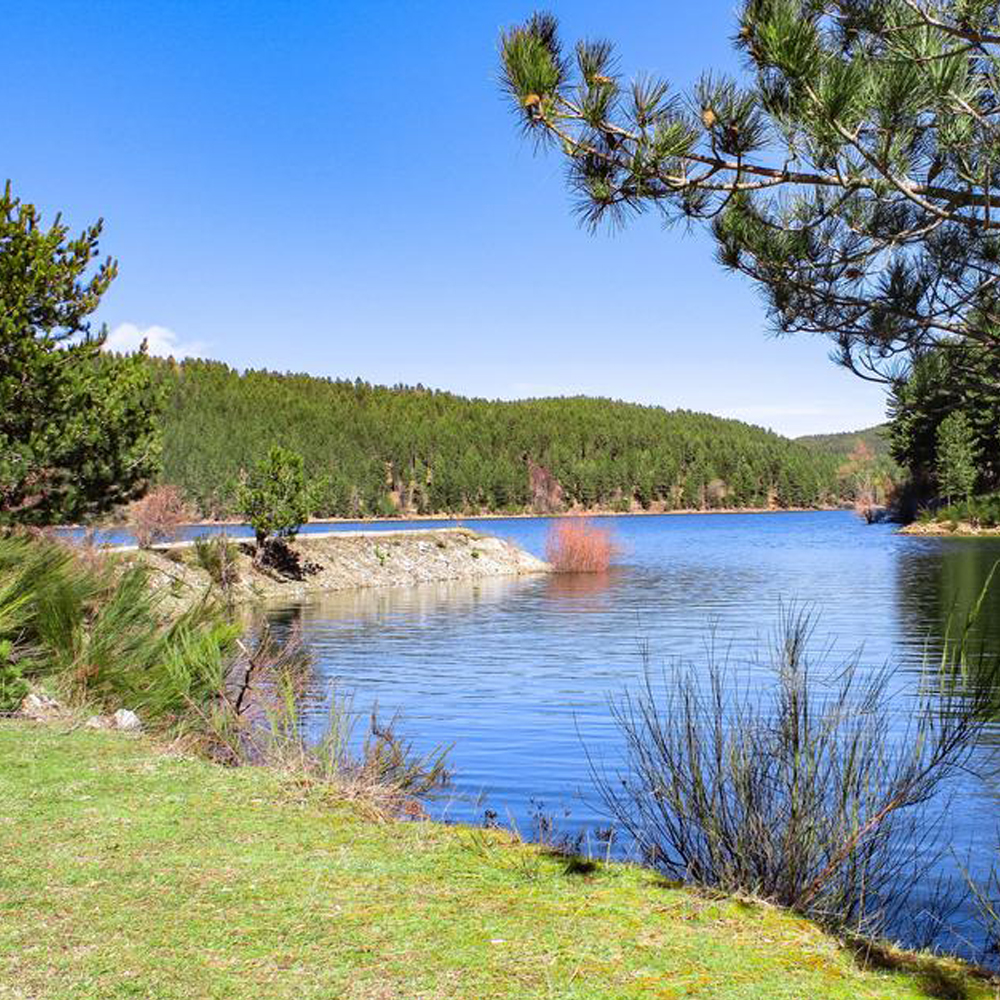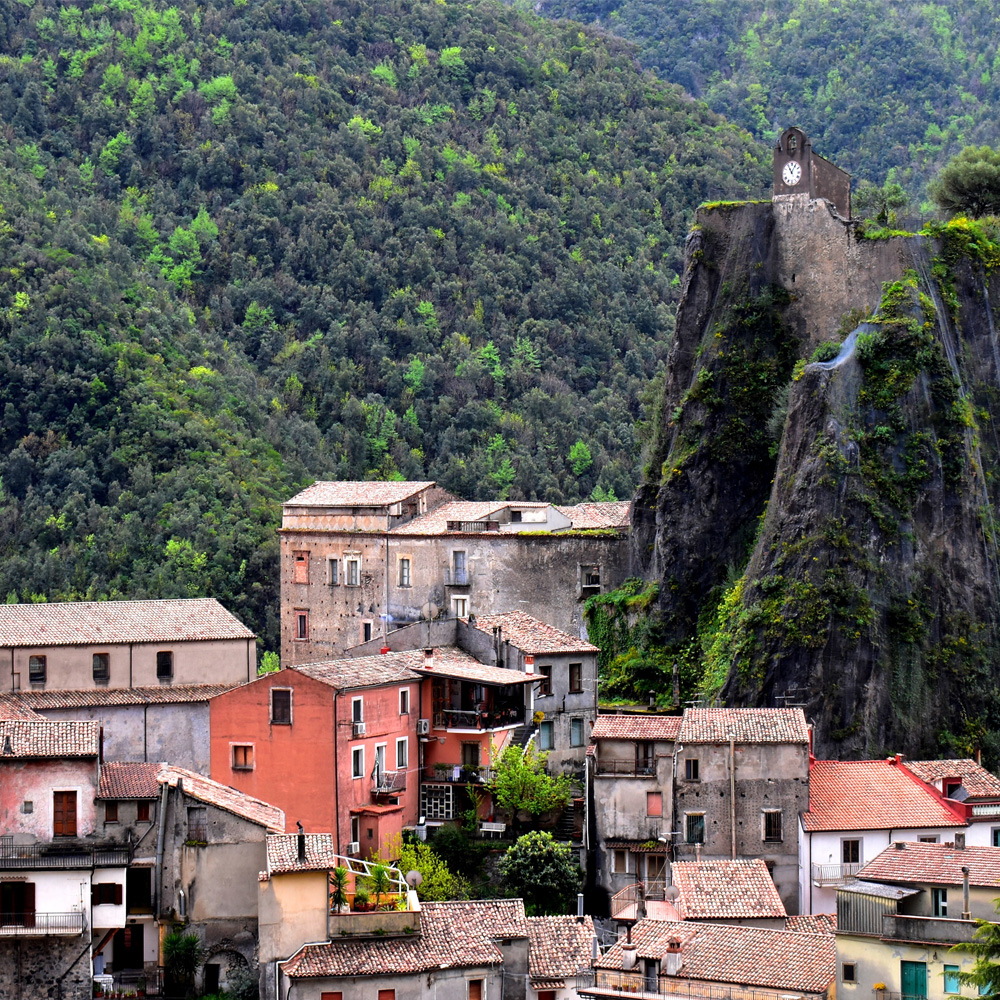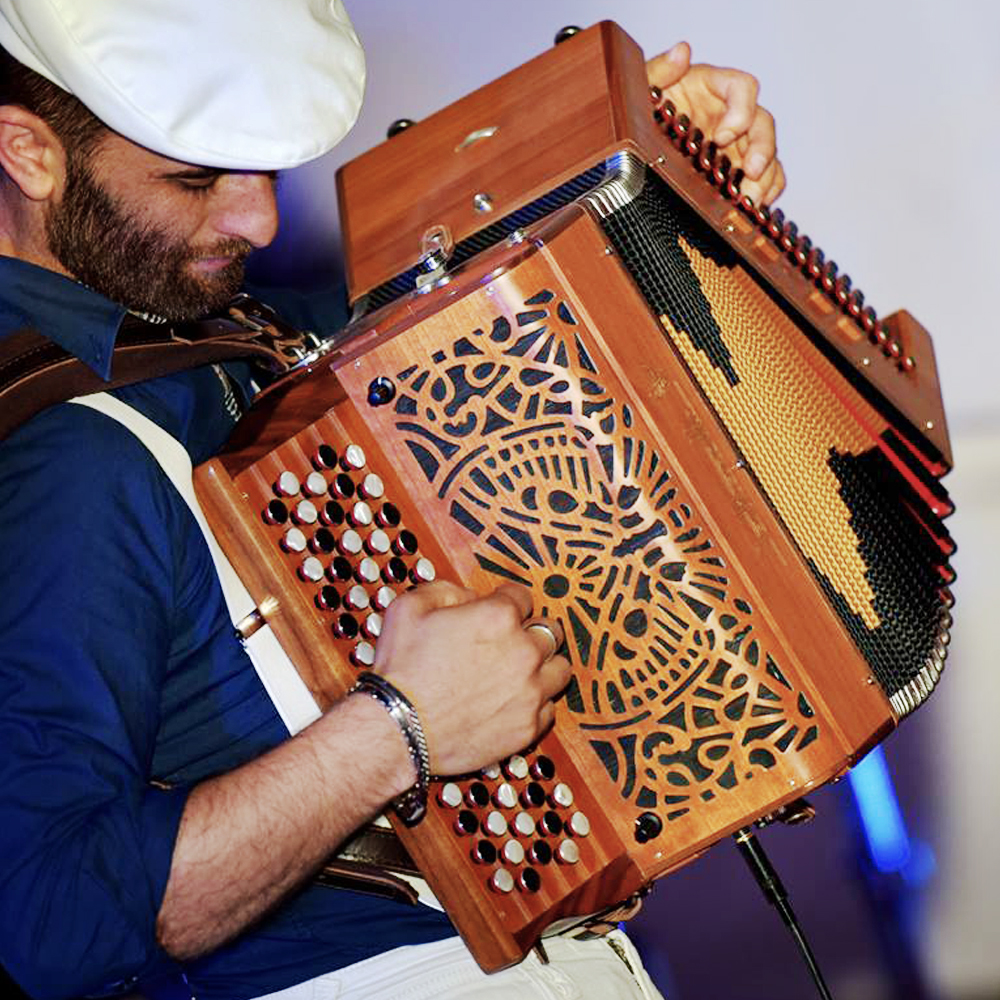Calabria
The “toe” of Italy, a peninsula in the Peninsula, between the Tyrrhenian and the Ionian Seas, is pointed towards the wide Mediterranean area, facing the West and the East, but at the same time, hiding in itself, in its own rough and high mountains, its woods, its ancient – and sometimes murky to the foreigners’ eyes – traditions.
Calabrian coasts offer enchanting sceneries and keep legendary names, such as “Costa degli Dei” (Coast of the Gods), “Costa dei Cedri” (Coast of the Cedars), “Costa Viola” (Violet Coast); the inland regions unveil various wonders, both natural – such as the fairy-tale world of the Pollino and the north-European landscapes of the Sila – and cultural.
How not to mention local agricultural products, such as the Tropea onion, the bergamot, the liquorice, the Pizzo ice-truffle and the well-known chilli pepper?
Calabria is not just a land to pass through, but rather a fascinating world revealing to those who are willing to see beyond the façade.
Calabria is not well known to the general public, certainly not its inland areas, which actually starts a few kilometers away from the coast, given that the Apennine mountains often rise steeply from the sea. But, this is why the traveller who has crossed this long and narrow region returns with indelible and surprising impressions.
A mountainous region that includes four extraordinary parks (Apromonte, Serre, Sila and Pollino) and countless villages perched on hills and mountains, often equipped with castles and austere fortresses, which have remained so isolated over the centuries, as to favour the development of different dialects and conservation of ancient languages, such as Grecanic (derived from the Hellenistic Greek once spoken throughout the region) or medieval Albanian (imported by Albanian populations in the 15th century).
The arrival of many different civilizations, including the Greek one, which gave birth to one of the most prosperous periods witnessed by the numerous and valuable finds kept in the National Museum of Reggio Calabria, has forged the hospitable character of the people, always kind and ready to welcome the traveller who comes with curiosity and good intentions. The traditional sense of hospitality sees its apotheosis at the table where the Calabrian shares, in abundance, the spicy homemade meats, the strong and full-bodied wine, but also the fish with the citrus scent and the various typical sweets that also tell of the influences of nearby Sicily.
Calabria, which to many has always seemed a “non-place”, of which to know, in modern times, at most the most famous coasts, is instead a still rural world and not affected by mass tourism and for this reason full to discover.




